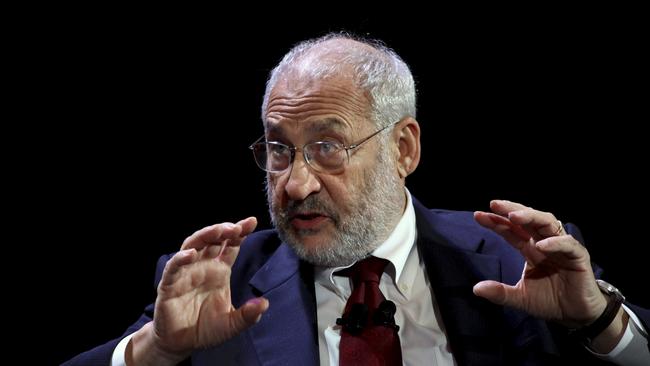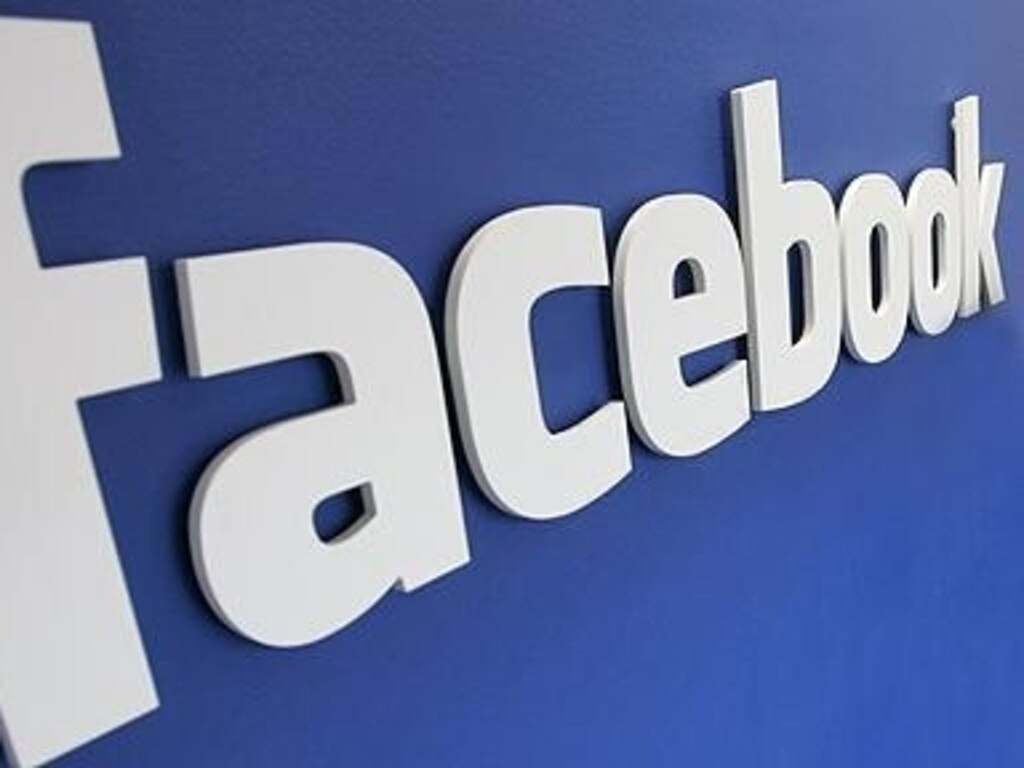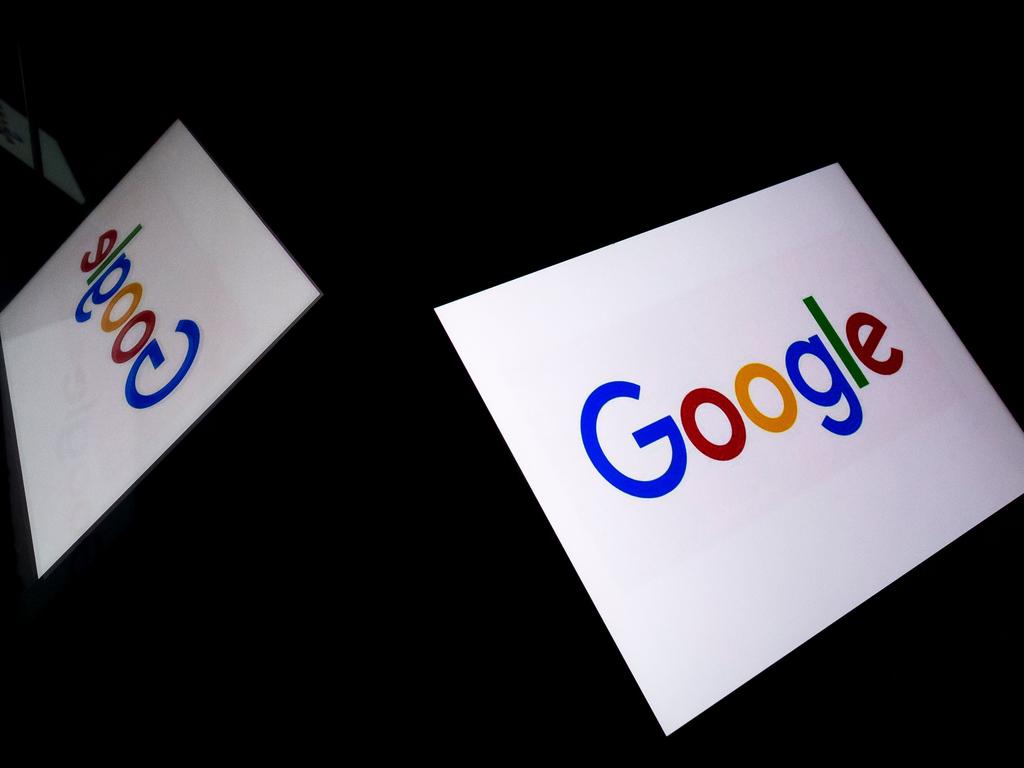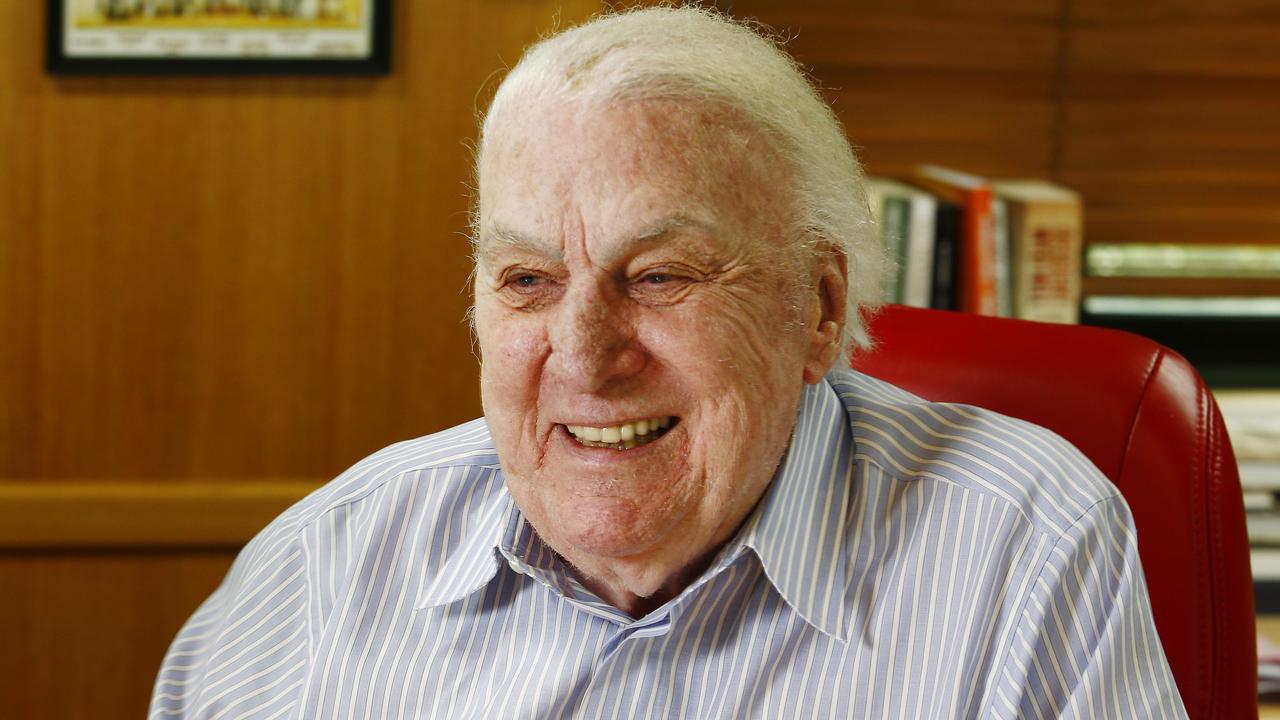Nobel laureate Joseph Stiglitz backs Australia’s media laws
Nobel prize winning economist Joseph Stiglitz has delivered a ringing endorsement of Australia’s planned media bargaining code.

Renowned Nobel prize laureate economist Joseph Stiglitz has delivered a ringing endorsement of Australia’s planned media bargaining code, describing the tech giants’ impact on news revenue, and society more broadly, as “absolutely devastating” and urging Australia’s parliament to pass the landmark legislation.
The American professor and former chief economist of the World Bank told a webinar hosted by the Australia Institute’s Centre for Responsible Technology that neither Facebook or Google cared about news, and that their threats to block news sharing and leave the Australian market were proof the regulation was urgently needed.
“They don’t care. They just want traffic and traffic of hate speech, excitement, are things that get people more engaged,” Professor Stiglitz said. “The impact on our society of having all this ad revenue go to social media is absolutely devastating. That’s one of the reasons why this is so important.
“Facebook has threatened not to carry any news, and that itself is testimony to their market power. What kind of a platform would weaken the quality of what it does? … The fact is, they have such market power, they can get away with that kind of threat.”
The legislation, which would force Facebook and Google to pay media companies for news, is expected to be introduced to parliament next week, and is expected to pass after it gained the support of the crossbench when ABC and SBS were included in the code.
Professor Stiglitz described Facebook‘s behaviour was “really quite incredible” and encouraged users to migrate to alternative platforms.
“When people signed up for Facebook originally … they promised people privacy; they wouldn‘t use the data for other purposes,” he said. ”And then, of course, as they became established as the dominant platform, they violated that.
Having broken their privacy promises, Facebook then “behaved in a way that somebody with market power … who doesn’t have a sense of social responsibility, might behave. And hopefully that will change, he said.
“You don’t have to do these stronger measures, but it may be that you will have to.”
Anya Schiffrin, director of the Technology, Media, and Communications at Columbia University‘s School of International and Public Affairs, said Australia’s move to force tech companies to pay for news had captured attention from around the world, and that other jurisdictions were likely to follow suit.
“It’s even being followed in places like South Africa, Botswana, Argentina, and certainly in Europe,” she said. ”I think that there is a huge hope that what Australia is doing will work, that it will support quality information and that maybe other countries will be able to copy it.
“I think you‘re very brave to go out there on your own, but you’re being you’re being watched closely because everyone’s fingers [are] crossed, hoping this will really make a difference to support quality news and journalism.”
An Essential Poll released on Thursday, found 59 per cent of Australians agreed Facebook and Google had too much power and should be regulated, while 57 per cent said Facebook and Google should be required to pay media outlets for news.
A Google spokesman on Thursday said that the tech giant believed there was a clear path forward to a “fair and workable” code, given practical changes to it and concessions being made. The code’s final form is yet to be revealed by the government, and Google has argued for changes including that it use a standard arbitration model, and not the proposed “baseball arbitration” model.
Google Australia managing director Mel Silva said more than 400 publishers globally had signed on to the company‘s so-called News Showcase program, which includes commercial deals with media outlets, to date.
“We’re keen to bring News Showcase to Australia and have signed agreements with a number of publishers already,” she said. ”And while we’ve had to pause the rollout of the product here for the time being, as we understand the impacts of the News Media Bargaining Code, talks have continued in the background.”




